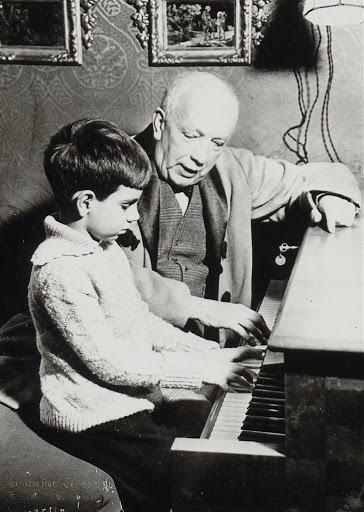Do you need to study race theory before teaching musicology?
mainThe terminology war in American musicology shows no sign of abating.
It has nothing to do with music, or music teaching, and all to do with suppression of free speech and ideas in many American universities. (I have experienced this at first hand. Once, when I addressed a group of US academics about aspiring to excellence in musical performance, I was accused – in knee jerk fashion – of elitism, and worse.)
John Halle, Director, Music Theory at Bard College, has entered the fray with a reasoned summary of events so far and a blunt assault on his colleagues:
At this point, it should have come as no surprise to have found leading “new musicologist” Robert Fink saddling up his high horse. His doing so rang a bell for me as in our exchange a year back he had charged similarly that my defense of the Minnesota Symphony workforce from attacks by its corporate board constituted a musical application of the “one drop rule” based on “the presence or absence of melanin”.

Whereas Fink was implicitly impugning my integrity by suggesting my alleged sympathy with a Jim Crow statute, his charge of “casual racism” against (Pierpaolo Polzonetti) is explicit. According to Fink, P’s description of rap should be seen as “the musicological equivalent of using the N-word.”
It should be noted that P escapes Fink’s full condemnation as these attitudes are relics, according to him, of longstanding white supremacist prejudices of the musicological profession.
Fink sees himself as having moved beyond his benighted mentors in this respect. Now he “winces on behalf of the tweedy prep school classical snob I once was, enthralled with Mahler and dismissing disco as repetitive trash.”
Read on here. It’s serious hardball.





Comments